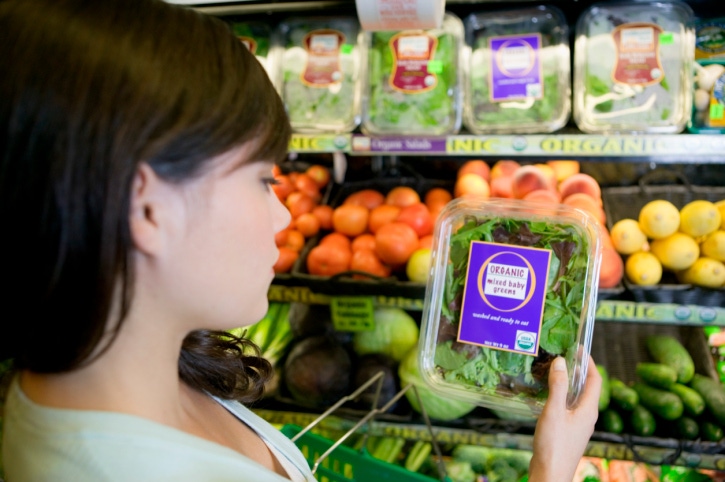Arrangement streamlines organic trade for fresh produce as well as new market access for organic livestock.

The U.S. Department of Agriculture announced a new U.S.-Taiwan equivalence arrangement, effective May 30, 2020, that streamlines organic trade with Taiwan. The arrangement allows organic products certified in the U.S. or Taiwan to be sold as organic in either market. It also protects access for American organic farmers, ranchers and businesses to this significant export market. Taiwan is estimated to be the fifth-largest organic export market for U.S. producers.
The American Institute in Taiwan and the Taipei Economic & Cultural Representative Office in the U.S. signed and exchanged letters on behalf of the U.S. and Taiwan to establish the new organic equivalence arrangement. The arrangement covers certified organic products grown, produced or with final processing in the U.S. or Taiwan and eliminates the need for organic producers and processors to have separate organic certification to the U.S. and Taiwan standards, avoiding a double set of fees, inspections and paperwork.
“This equivalence arrangement streamlines trade in certified organic goods with Taiwan, a key international partner in the organic market sector,” USDA undersecretary for regulatory and marketing Greg Ibach said. “This arrangement protects and increases access for American organic farmers, ranchers and businesses to the fifth-largest U.S. export market for USDA certified organic products.”
Equivalence paves the way for the expansion of existing fresh fruit, vegetable and processed food trade and provides new market access opportunities for organic livestock and other products. The arrangement also allows U.S.-based organic food processors to source Taiwan certified organic ingredients, increasing the range of organic products available to consumers.
Leading the list of organic product imports by Taiwan are fresh produce, including apples, lettuce, grapes, cauliflower and celery and processed products.
Sales of U.S. organic products to Taiwan approached $92 million in 2019 and are forecasted to grow almost 50% over the next five years, based on Organic Trade Assn. (OTA) and USDA analyses. Expanding the trade arrangement provides U.S. organic farmers and processors continued access to this significant market.
“We are pleased to see the enthusiasm from both the U.S. and Taiwanese governments to reduce trade barriers for organic products and ensure more consumers have access to the wide variety of high-quality organic goods the U.S. can provide,” OTA executive director and chief executive officer Laura Batcha said.
Alexis Carey, international trade manager for OTA, added, “Taiwan is a solid consumer market for U.S. organic products, and exporters should view this renewed partnership as an opportunity to further expand into a country that is eager for organic. We will be providing resources and trade activities for exporters as they explore potential business opportunities with Taiwan.”
The U.S. has had a trade relationship with Taiwan through which some American-produced organic products could be exported to and sold in Taiwan without additional certification. However, exporters still faced significant barriers due to Taiwan's strict import policies on food and agricultural products, including a de facto zero tolerance policy for traces of any unapproved substances.
Earlier this year, Taiwan signed organic equivalence arrangements with Japan and Australia. This latest agreement will allow U.S. organic companies to compete with other regional players in the Taiwanese market. OTA previously conducted a market tour in Taiwan with U.S. certifiers and completed an export manual detailing the procedure for U.S. exports to Taiwan. The trade association plans to update this export manual with information from the new arrangement over the next year.
OTA said it is planning marketing activities in Taiwan in 2021 in light of the new arrangement and to grow the current trade relationship. Likely activities will include a trade mission to Taipei.
The U.S. currently maintains organic equivalence arrangements with Canada, the European Union, Japan, Korea and Switzerland.
About the Author(s)
You May Also Like



.png?width=300&auto=webp&quality=80&disable=upscale)

